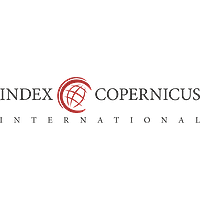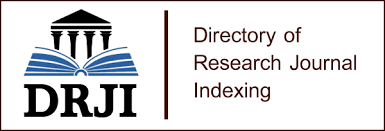WAQF BASED WASTE ENERGY MANAGEMENT: CASE STUDY ON PLTS
DOI:
https://doi.org/10.55327/jaash.v7i4.250Abstract
Garbage is a classic and unsolved problem in Indonesia. According to data from the Ministry of Environment and Forestry (KLHK), Indonesia's amount of waste reaches 67.8 million tons consisting of 57% organic, 15% plastic, 11% paper, and 17 other waste. However, a garbage bank has established, even though its role still minimal compared to the City Waste Power Electric (PLTSa). By using ANP (Analytic Network Process) this qualitatively descriptive paper shows that the essential aspects from PLTSa are Institution and community. The problem of PLTSa is divided into three aspects such as expensive, 3T, and environment. In this case Waqf institutions such as education, socialization and cost. The issues of society are literacy, habits, lazy. Mapping solutions, in-depth studies, collaborations, webinars. Strategies in improving the environment security, among others, are the synergy of waqf institutions with the government, BOT system between Waqf Institutions and private businesses, and the last collaboration between waqf institutions and waste banks.
Downloads
Published
How to Cite
Issue
Section
License
Copyright (c) 2022 Lukman Hamdani, Evan Hamzah Muchtar, Bayu Taufiq Possumah

This work is licensed under a Creative Commons Attribution 4.0 International License.
Copyrights for articles published in Journal of Asian and African Social Science and Humanities are retained by the authors, with first publication rights granted to the journal. The journal/publisher is not responsible for subsequent uses of the work. It is the author's responsibility to bring an infringement action if so desired by the author.
Articles published in Journal of Asian and African Social Science and Humanities are published under the Creative Commons Attribution (CC-BY) license, which permits others to distribute, remix, tweak, and build upon your work as long as they credit you for the original creation.
Â















